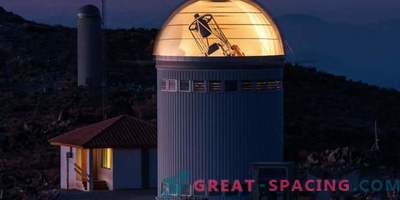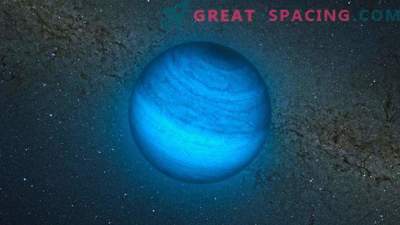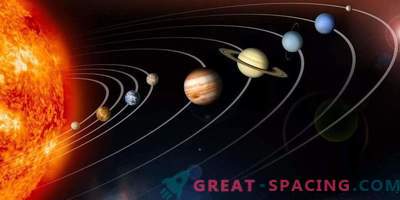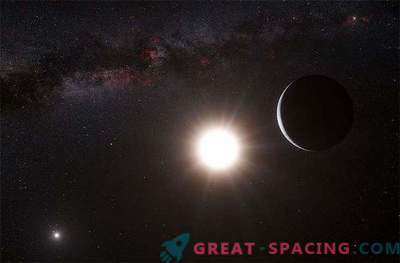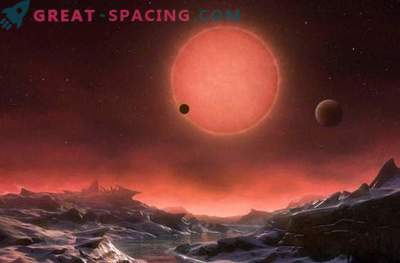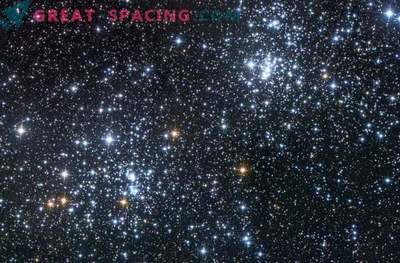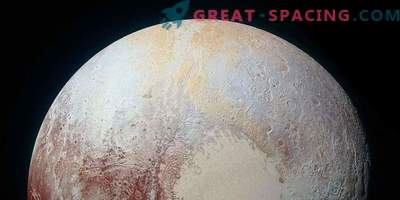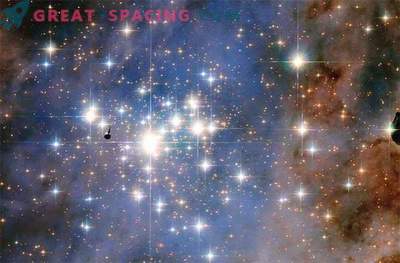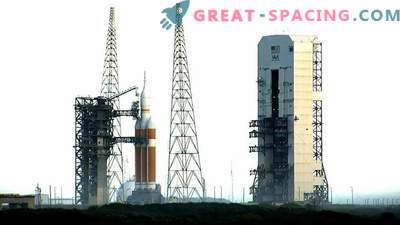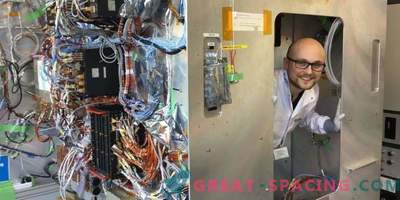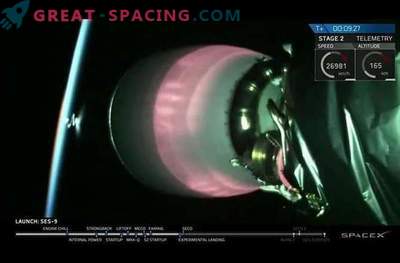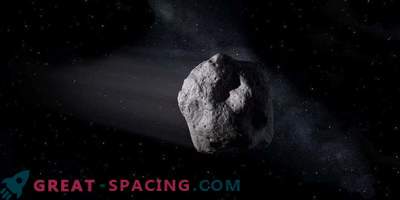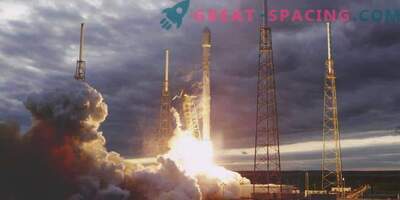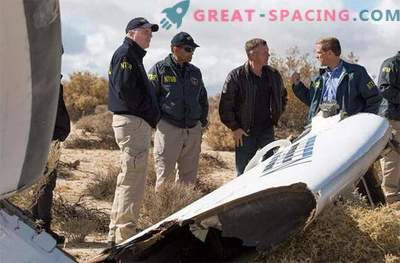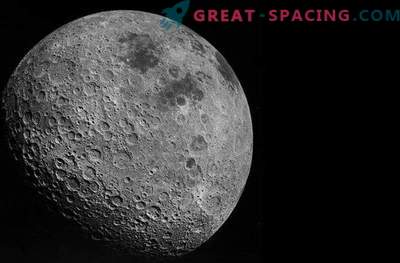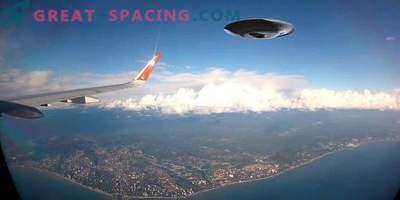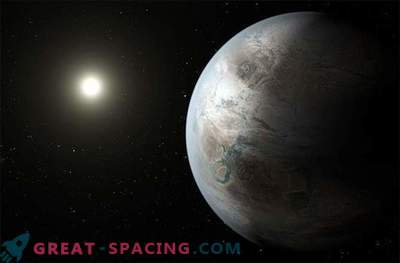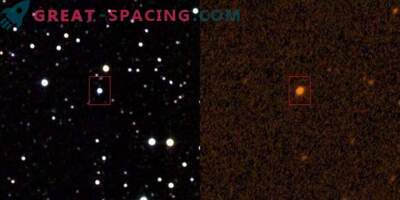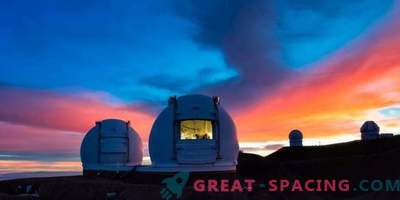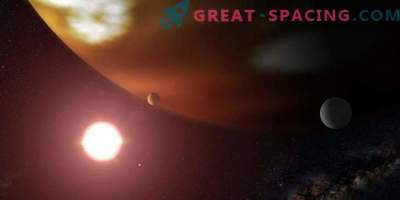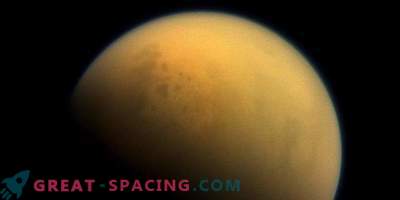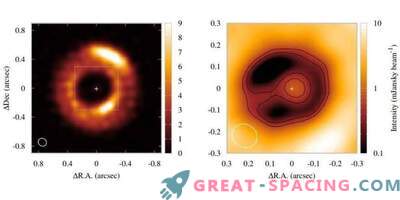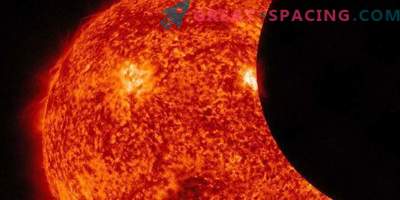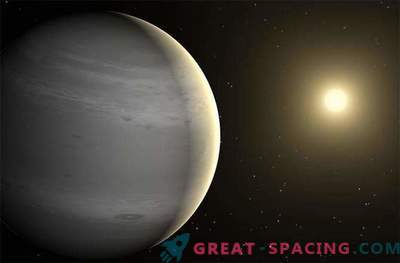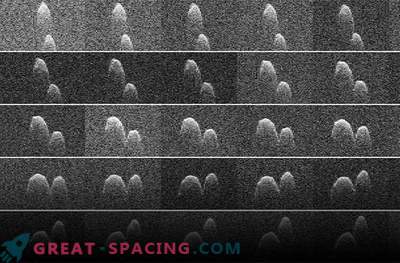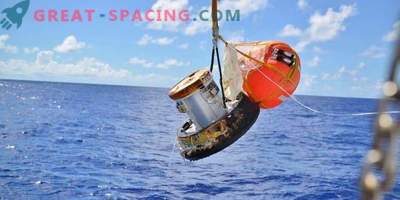
The International Astronomical Union - the official body that regulates the naming and designation of all celestial objects, once again spoke out against any attempts to name space objects for money.
“The International Astronomical Union (IAC) would like to emphasize that such initiatives run counter to the spirit of free and equal access to space, as well as against internationally recognized rules,” said Thierry Montmerle, the secretary general of IAC. "Therefore, the names and designations that were purchased cannot be used on official maps or globes."
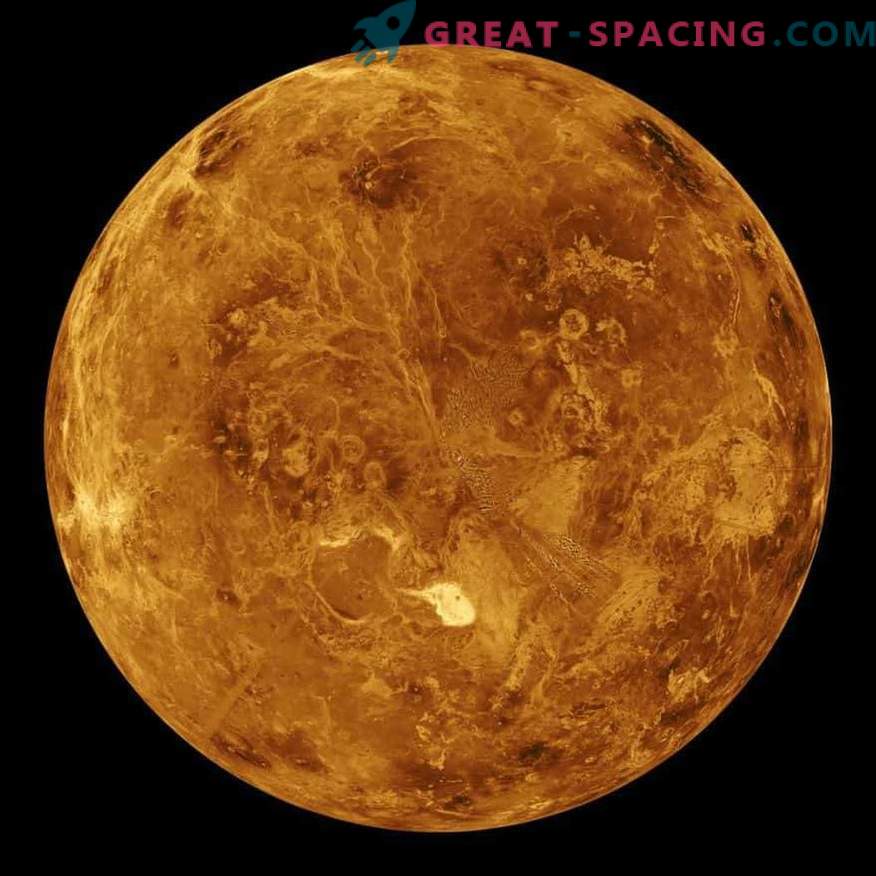
Although the MAC application is not addressed to anyone personally, the Uwingu project is clearly under suspicion.
Earlier, the wrath of the IAS fell on a private American company. The company urged the public to nominate (for a fee) and vote for the naming of exoplanets that were discovered. The problem is that the MAS does not officially recognize the names given to celestial bodies, thus, especially when it is charged. The Uwingu project, which means “sky” in Swahili, was created by Alan Stern, astronomer and principal investigator of the NASA New Horizons mission. The Uwingu project thus seeks to draw public attention to astronomy, as well as trying to raise funds, which will then be transferred to various research and charitable organizations. Although the motive may be noble, the MAS is concerned that such companies may be misleading.
According to the intentions of the leaders of the Uwingu project, there is a need to make the designations of celestial bodies and planetary features (for example, craters on Mars) a little more understandable to humans. For example, the first planet found outside the solar system is called 'PSR 81257 + 12 B'. Not so attractive, is it? Uwingu wants to give the planets more human-friendly names.
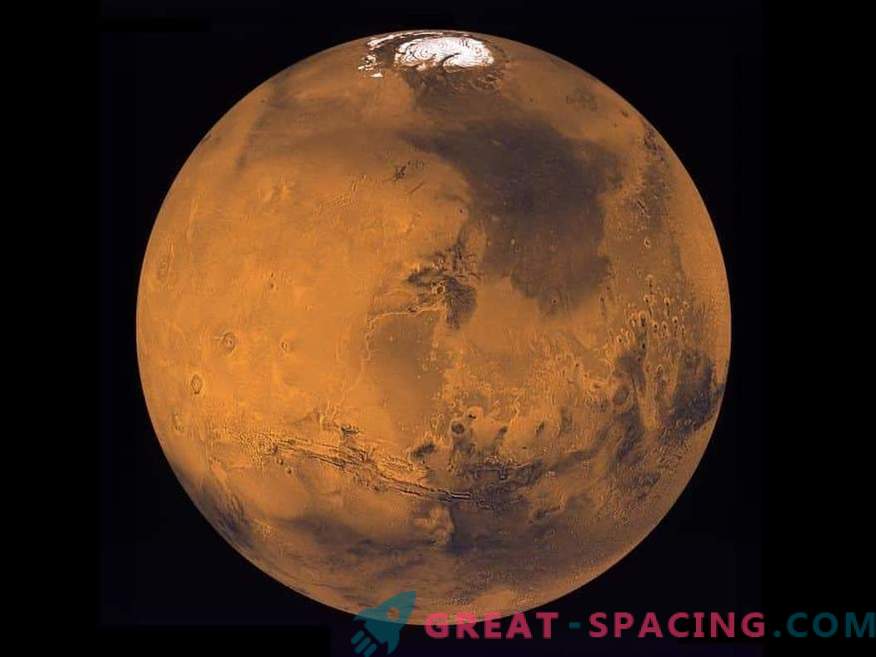
The Uwingu website, in the “Frequently Asked Questions” section, says that the project is not officially approved. In response to the question: “Where will the names acquired in Uwingu be used?”. They say: “They will be used on project maps, which are currently used only by the public. But soon, we hope, astronomers and scientists will also use these maps! ”.
Uwingu stubbornly defends himself against attempts to compare their project with another dubious project “Name a star”. These scammers were selling the right to name a star to various companies. So how does the Uwingu project differ from them?
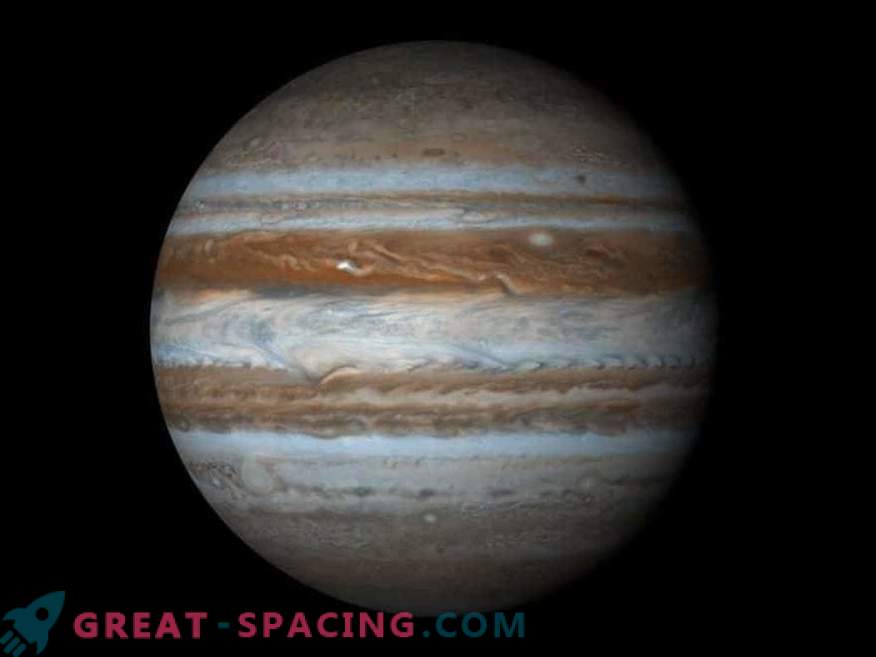
"Many companies that suggest you name a star do not publish their name database, so if you are an astronomer and want to find the star's name - good luck! In Uwingu, the databases are completely open to everyone. The project also helps support research and education due to the grants provided by the foundation ", - the author says.
MAS has a common standard for the designation of celestial objects and features, which can then be easily found. Although the public cannot officially name the celestial body, researchers who made the discovery may require public participation in this process. And as noted by Montmerle, this process is free.
The rules of the MAS may seem boring and old-fashioned, but it is very important that common terminology exists in order to avoid confusion. This is especially important today, when a dizzying number of exoplanets is detected.

